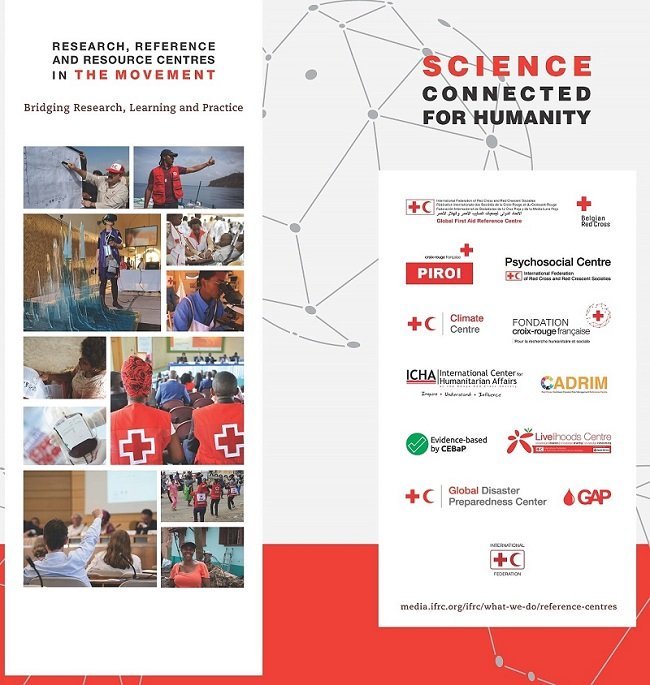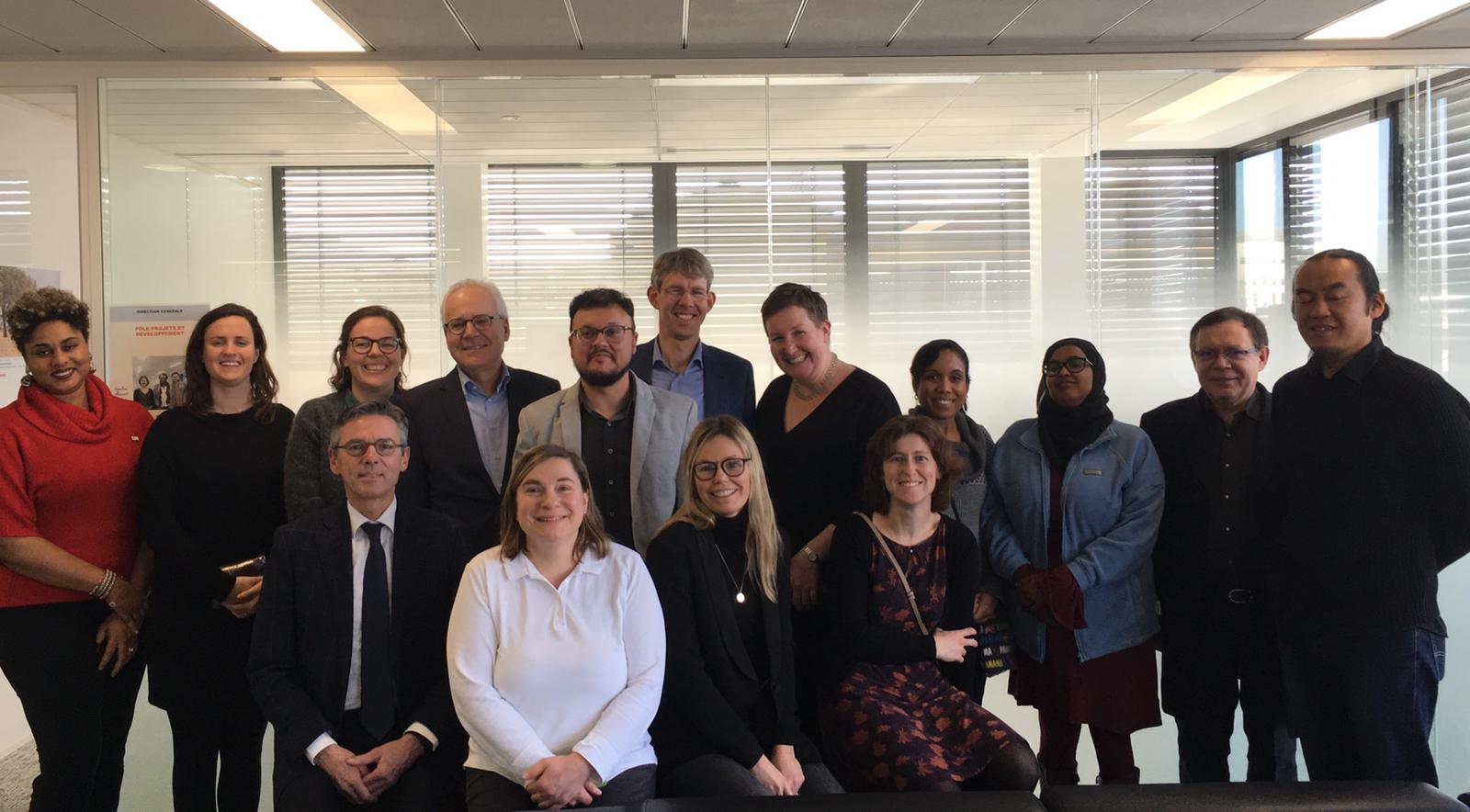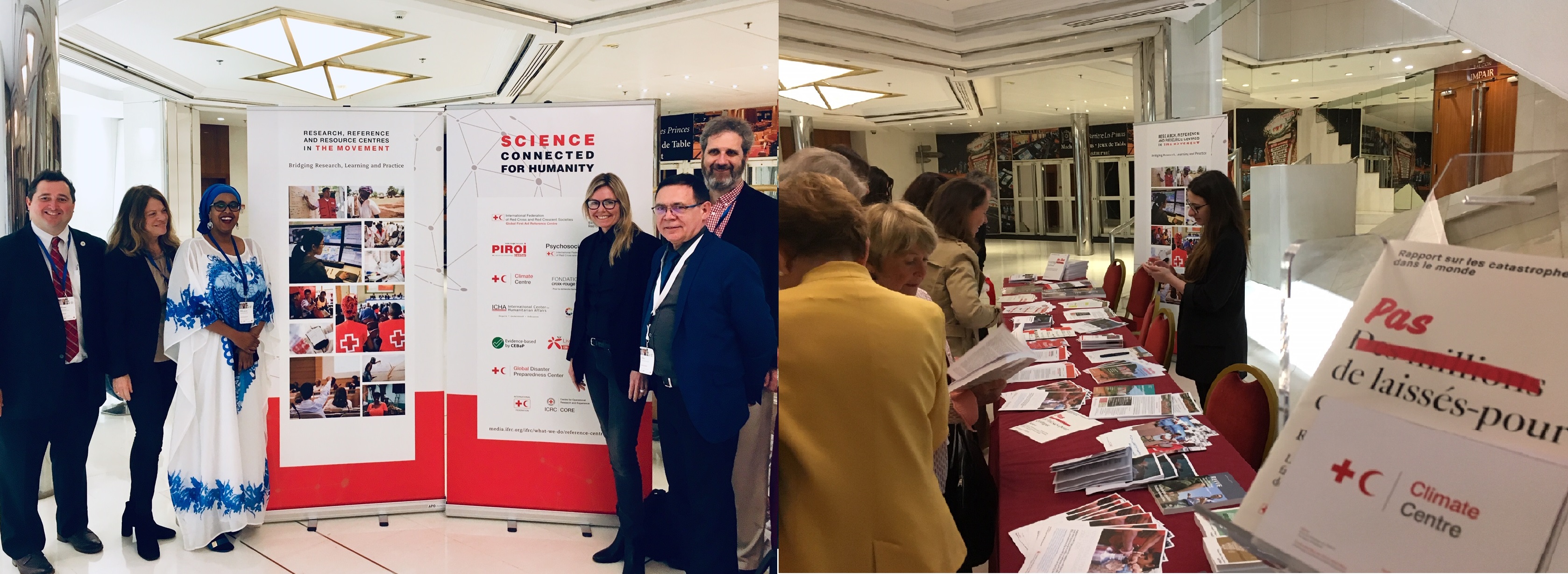Science connected for humanity
10/05/19

Aid organizations are often built on ideals and ideologies, and run on goodwill and good intentions. While these are necessary components, they are far from sufficient to develop an efficient and well-run organization that has real impact in its chosen domains. Systematic use of scientific practice helps to define and assess effectiveness, and helps translate our soft goals into measurable targets and gives us clear indications that what we do have impact. This approach will ultimately help the sector better serve its humanitarian mission.
As a step towards this scientific approach, several Red Cross Red Crescent Reference, Research and Resources Centers (“RRR Centers”), including CEBaP and the Science Foundation of the Belgian Red Cross, gathered for the first time in February this year, at the initiative of the French Red Cross Foundation.

These centres are devoted to science-related activities with hundreds of experts, researchers and support staff to help national societies to improve their life-saving mission and adapt their practices to an ever evolving environment. They agreed on their common goals to a more scientific approach and in the meantime already took some initiatives to reach these goals. A position paper “Humanitarian action and science: a marriage of reason” was recently published on the Strategy 2030 website of the International Federation of Red Cross and Red Crescent Societies. The full text can be consulted here.
The RRR Centres also organized an information booth at the World Conference on Health and Climate Change, that took place on 15-16 April in Cannes, and there advocated to scale up collective efforts to engage in research and contribute to evidence-based humanitarian action.

